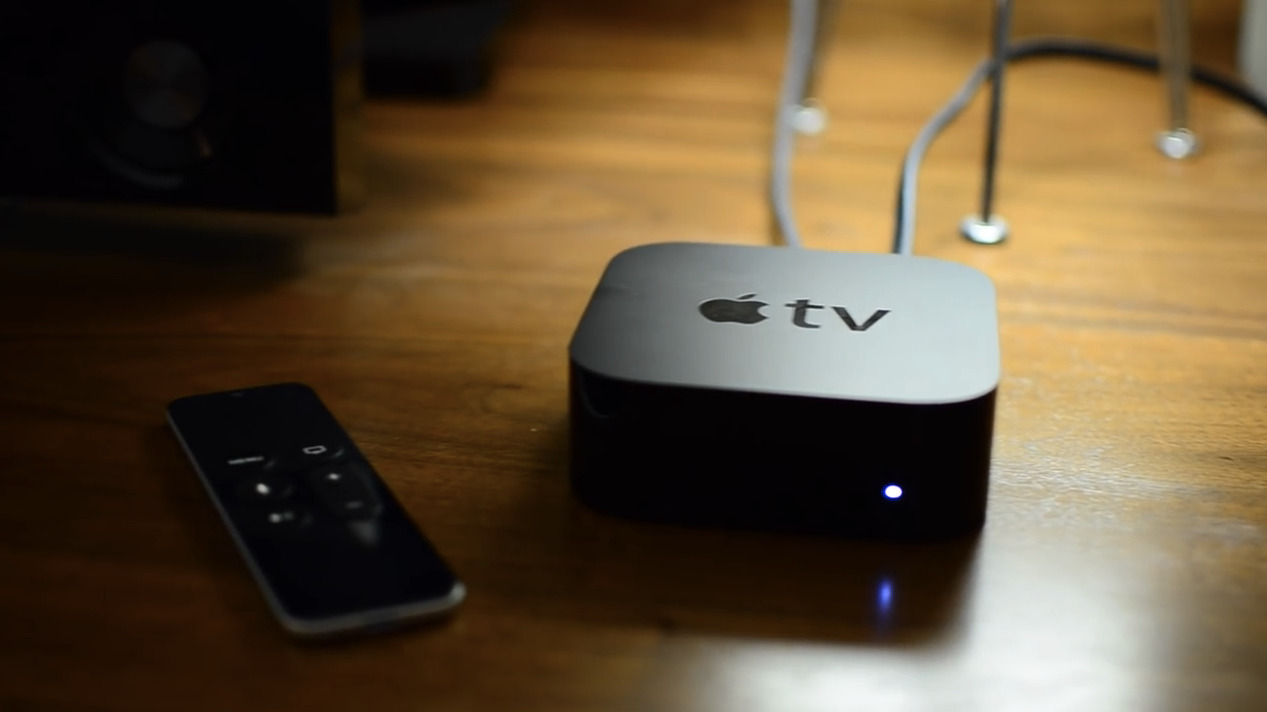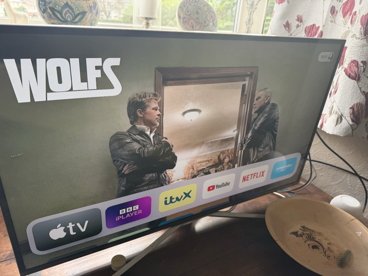Streaming devices and set-top boxes like Roku or the Apple TV are increasingly losing ground to internet-connected smart TVs with the shift amplified by the coronavirus pandemic, new data shows.
Smart TVs that connect to broadband, which have streaming apps built right in, can bypass the need for dedicated streaming hardware such as Apple's tvOS devices. And thanks for a steady reduction in price, many consumers seem to be opting for the all-in-one solution.
Earlier in 2020, the percentage of U.S. households with broadband that had a smart TV reached 54%, according to data cited by The Information. That's a 47% year-over-year increase and well above the 42% share held by all streaming devices and set-top boxes combined.
The gap between the markets is likely to keep growing, since the Consumer Technology Association that estimates that consumers will buy 35 million smart TVs in 2020, compared to 22 million streaming devices.
Although roughly half of smart TV owners also use a streaming device, but new generations of smart TVs are making it easier to skip set-top boxes or streaming sticks entirely.
Among streaming devices, Roku still commands the largest share of the market with 38%. Its followed closely by Fire TV, in second place with 32%, and Apple TV, which has 13%.
According to The Information, some entertainment companies are discussing ways to bypass set-top boxes by working directly with smart TV manufacturers.
But while the increasing popularity of smart TVs is likely to impact the sales of physical hardware like Roku streaming sticks and Apple TVs, Apple's services arm is positioned to take advantage of the growth.
The Apple TV app, which lets users watch Apple TV+ and other content, is available on a number of third-party smart TVs and streaming devices.
A rumored upcoming version of the Apple TV, which may debut later in 2020, could feature bumps to memory and performance. Apple also appears to be shifting its Apple TV strategy to incorporate gaming and home automation, too.
 Mike Peterson
Mike Peterson








 Marko Zivkovic
Marko Zivkovic
 Wesley Hilliard
Wesley Hilliard
 Amber Neely
Amber Neely

 Malcolm Owen
Malcolm Owen
 William Gallagher
William Gallagher

 Christine McKee
Christine McKee




-m.jpg)



45 Comments
Don't TV manufacturers use the crappiest, cheapest "brains" in their lower-end TV's? How do those TV's perform with regards to apps compared to something like the Apple TV box? I have smart tv's everywhere (almost all are 3+ years old) and also have Apple TV or FireTV boxes on all of them. Last time I tried using our smart tv, it sucked compared to the shiny finish of tvOS.
When 99% of TVs include "smart" features I'm not sure Apple can beat that. Apple dragging it's feet and treating Apple TV like their adopted child doesn't help.
Every “smart” TV is android based so no thanks. My Sony has android built in and it’s a pain. Give me a monitor and let me decide what to connect to it.